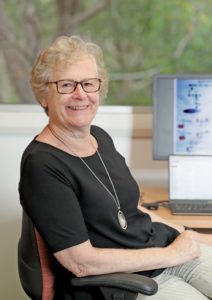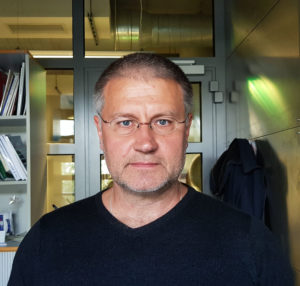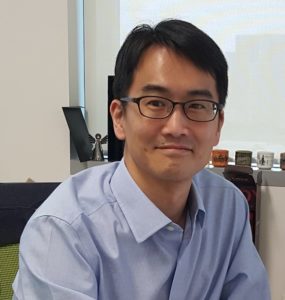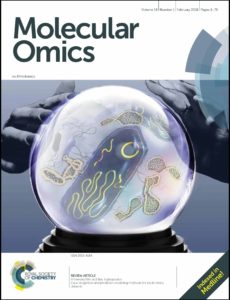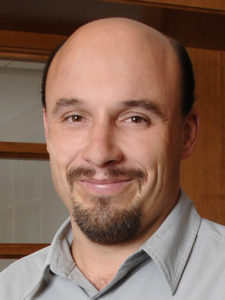Molecular Omics is proud to welcome Professor Xiaohua Shen as an Editorial Board Member from 1st of October 2020.

Editorial Board Member Xiaohua Shen
Xiaohua Shen is an Associate Professor in the School of Medicine and an Associate Investigator in the Center of Life Sciences at Tsinghua University. After achieving her Bachelor’s degree at Nankai University (1996), she attended the University of Michigan for her PhD and joined Harvard Medical school for a postdoctoral position in 2004. In 2010, she left Harvard to join her current faculty at Tsinghua University. Xiaohua is a Changjiang Scholars Award Program Distinguished Professor.
The Shen lab’s main research interest is around understanding how noncoding portions of the genome, particularly noncoding RNAs (ncRNAs) and genomic repeats, act with their associated proteins to shape distinct epigenetic and cellular states during stem-cell differentiation and in development. In the past years, the research group has rigorously investigated novel aspects of ncRNAs, genomic repeats, and RNA-binding proteins and revealed important paradigms of noncoding RNA-mediated regulation in transcription, chromatin structure, and genome organization. Find out more about on Xiaohua’s webpage.
Find out more about our full Editorial Board on our webpage, and submit your article now.











